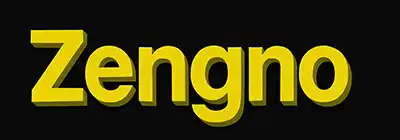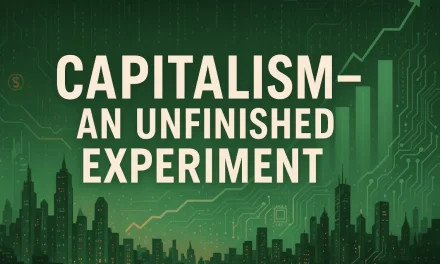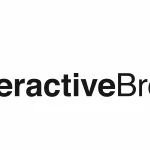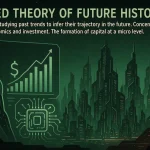At Harvard Law School’s Blockchain & Fintech Fourth Annual Conference in April 2025, legal scholars and technologists debated how decentralized systems are redrawing the boundaries of property rights. One theme emerged clearly: property rights are beginning to catch up with code. Legal scholar Primavera De Filippi, a leading voice in the field, emphasized how blockchain challenges the traditional role of legal institutions by embedding enforcement mechanisms directly into software. This evolution underscores something older than the internet but just as revolutionary: the central role of private property in capitalism.
The idea that individuals or organizations can legally own, control, and transfer assets underpins every capitalist society. It’s more than a legal abstraction. Private property is the infrastructure of economic freedom. It allows a person not just to use a resource, but to benefit from it, exclude others from it, and pass it on. Whether it’s a startup’s patent, a piece of farmland, or a server rack in a data center, the right to own is the right to act.
Historically, the codification of private property marked a turning point in human economic development. In 17th-century England, the enclosure movement transformed shared lands into exclusive plots. That shift, harsh as it was, laid groundwork for agricultural productivity and, eventually, industrial capital. The logic was simple but powerful: when people own something, they have incentive to improve it, invest in it, and trade it.
But ownership has evolved. In today’s capitalism, property is often intangible. What we own might be code, identity, data, or even attention. Yet the principle remains. The owner decides. In the digital realm, this creates new tensions. Is a social media account property? Who owns your biometric data? These questions aren’t marginal—they’re structural. As economies digitize, the boundaries of ownership become the battlegrounds of value.
Still, the power of private property lies not in its permanence, but in its flexibility. It adapts. Intellectual property, for instance, extends the logic of land ownership into ideas. It incentivizes invention but also consolidates power—sometimes to a fault. The patent thicket around mRNA vaccines was as much a story about innovation as it was about exclusion.
Looking forward, the concept of ownership may undergo a new transformation. Smart contracts, DAOs, and tokenized assets challenge traditional notions of property. If code can enforce rights, do we still need courts? If value can be fractionalized, do we still need singular owners? These aren’t speculative questions—they are already shaping venture flows and legal frameworks, as highlighted at events like the Global Blockchain Real Estate Summit 2025.
Yet the paradox endures: the freer the markets, the more foundational the rules. Capitalism without private property is like trade without prices. Even as technologies change, the legal architecture remains indispensable. It’s not just what we own, but how we can prove it, transfer it, and protect it, that defines economic agency.
In the end, private property isn’t just a right—it’s a signal. It tells us who gets to decide, who bears risk, and who reaps reward. As capitalism enters its next phase, this signal will need to be clearer, not weaker.







